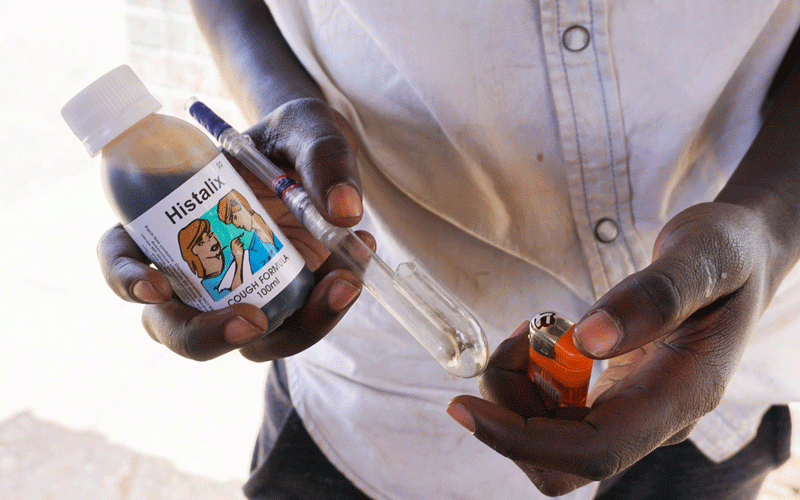
THE teen brain is in the process of maturing. In general, it’s more focused on rewards and taking risks than the adult brain.
At the same time, teenagers push parents for greater freedom as teens begin to explore their personality.
That can be a challenging tightrope for parents.
Teens who experiment with drugs and other substances put their health and safety at risk. The teen brain is particularly vulnerable to being rewired by substances that overload the reward circuits in the brain.
Help prevent teen drug abuse by talking to your teen about the consequences of using drugs and the importance of making healthy choices.
Why teens use or misuse drugs
Many factors can feed into teen drug use and misuse. Your teen's personality, your family's interactions and your teen's comfort with peers are some factors linked to teen drug use.
- Common risk factors for teen drug abuse include:
- A family history of substance abuse.
- A mental or behavioural health condition, such as depression, anxiety or attention-deficit/hyperactivity disorder.
- Impulsive or risk-taking behavior.
- A history of traumatic events, such as seeing or being in a car accident or experiencing abuse.
- Low self-esteem or feelings of social rejection.
Teens may be more likely to try substances for the first time when hanging out in a social setting.
- Calls for drug laws reform grow louder
- ZCLDN moves in to tackle teen drug use
- Calls for drug laws reform grow louder
- ZCLDN moves in to tackle teen drug use
Keep Reading
Alcohol and nicotine or tobacco may be some of the first, easier-to-get substances for teens. Because alcohol and nicotine or tobacco are legal for adults, these can seem safer to try even though they aren’t safe for teens.
Teens generally want to fit in with peers. So if their friends use substances, your teen might feel like they need to as well. Teens also may also use substances to feel more confident with peers.
If those friends are older, teens can find themselves in situations that are riskier than they’re used to.
For example, they may not have adults present or younger teens may be relying on peers for transportation.
And if they are lonely or dealing with stress, teens may use substances to distract from these feelings.
Also, teens may try substances because they are curious. They may try a substance as a way to rebel or challenge family rules.
Some teens may feel like nothing bad could happen to them, and may not be able to understand the consequences of their actions.
Consequences of teen drug abuse
- Negative consequences of teen drug abuse might include:
- Drug dependence: Some teens who misuse drugs are at increased risk of substance use disorder.
- Poor judgment: Teenage drug use is associated with poor judgment in social and personal interactions.
- Sexual activity: Drug use is associated with high-risk sexual activity, unsafe sex and unplanned pregnancy.
- Mental health disorders: Drug use can complicate or increase the risk of mental health disorders, such as depression and anxiety.
- Impaired driving: Driving under the influence of any drug affects driving skills. It puts the driver, passengers and others on the road at risk.
- Changes in school performance: Substance use can result in worse grades, attendance or experience in school.
Health effects of drugs
Substances that teens may use include those that are legal for adults, such as alcohol or tobacco. They may also use medicines prescribed to other people, such as opioids.
Or teens may order substances online that promise to help in sports competition, or promote weight loss.
In some cases products common in homes and that have certain chemicals are inhaled for intoxication. And teens may also use illicit drugs such as cocaine or methamphetamine.
Drug use can result in drug addiction, serious impairment, illness and death. Health risks of commonly used drugs include the following:







